Diaceutics’ Ken Ruppel: my career so far
By Chris Wheal
February 21, 2024
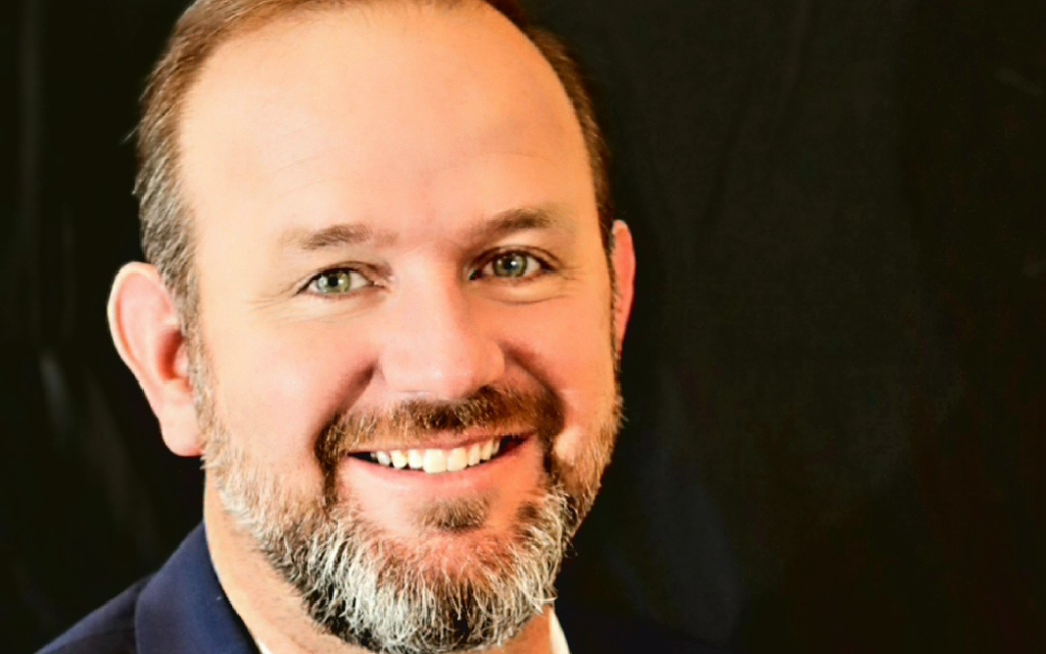
Understanding the value of pathology to patients was key, says Ruppel
Ken Ruppel joined Belfast and London R&D diagnostics and precision medicine firm Diaceutics in February as VP of scientific and medical services. Pharma News caught up with him to find out about his career.
What and when was your first job in the sector?
My first job in cancer diagnostics was with a small start-up back in the early 2000s that could have closed its doors any day. That company grew to one of the largest single-site oncology testing centres in the US. What a great ride.
Who was your biggest mentor and why?
At my first oncology/pathology focused experience, Dr Ken Bloom, a visionary pathologist in the US, helped me understand the value of pathology to patients. Our goal was to partner with pathologists to help them create academic-level care in the community.
This was the time when breast prognostics and Her2 testing really took off. Partnering with pathologists has become my calling card ever since.
What was your biggest career break and how did it happen?
In 2016 I was recruited to support the diagnostic component of drug in a new class of therapies. Our drug was saddled with a companion diagnostic while the competitor and market leader had an all-comer strategy. We had to build value in testing, build value in precision medicine, and operationalise testing throughout many laboratories in the US.
It was extremely difficult, and we were not the market favourite, yet by creating and selling a vision of precision medicine, we soon caught up and passed our competitor. The drug was Keytruda, and I had no idea that would become what it is today – that little drug was passed over and eventually pulled off the shelf by Merck.
Not only that, I believe Keytruda launched a rebirth of precision medicine and showed what is possible when great science meets great execution.
Did you plan your career, or did you take opportunities as they came?
I wish I could say I planned my career, but I didn’t. I was offered an opportunity that I wasn’t exactly qualified for, but I took the “fake it til you make it mentality” and eventually fell in love with pathology, oncology and precision medicine.
What do you know now that you wish you’d known earlier?
I wish I had fostered more relationships early on. Cancer diagnostics is still a relatively small community compared with other industries. I have met such amazing people who are aways willing to help and educate a young midwestern kid trying to make a difference.
I wish I had stayed in touch with so many people so I could thank them personally for their support over the past 20 years.
What advice would you give to someone considering a career in the sector?
Stay humble, watch and learn from those around you, and always see opportunities others miss. Precision medicine is full of science and methods but also full of dreamers. Keep looking for better ways, better processes, and eventually you will find your impact.
Tell us about your career. Or let us know your recruitment tips. Get in touch to find out how.

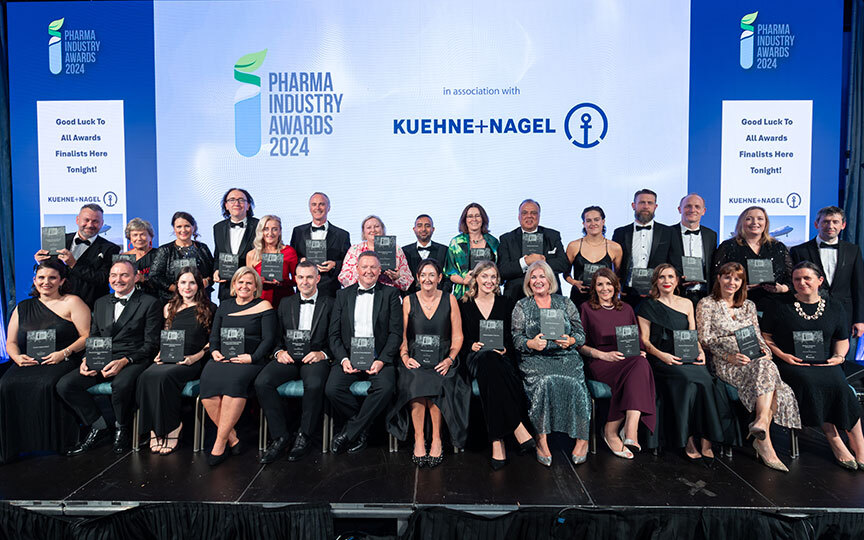
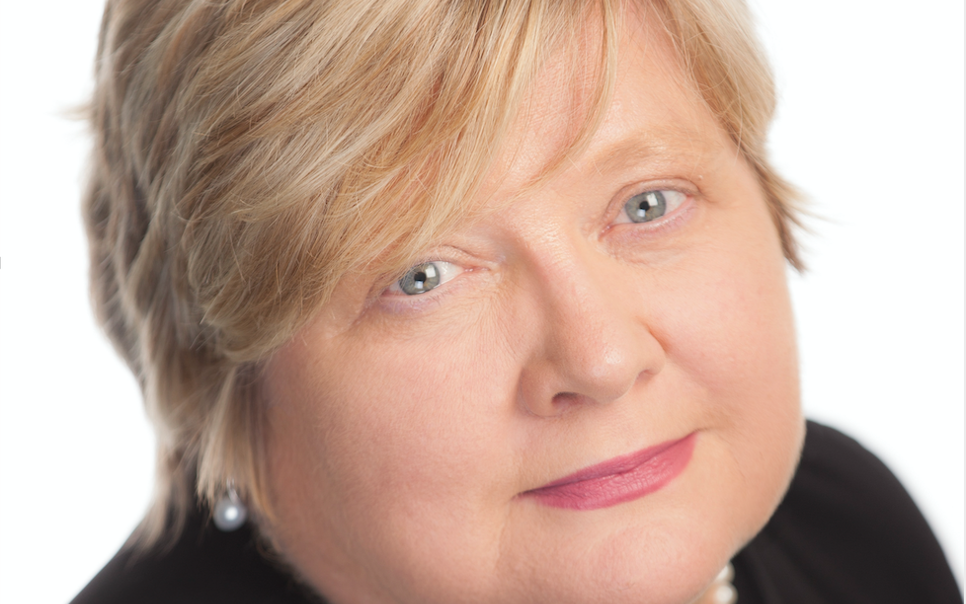
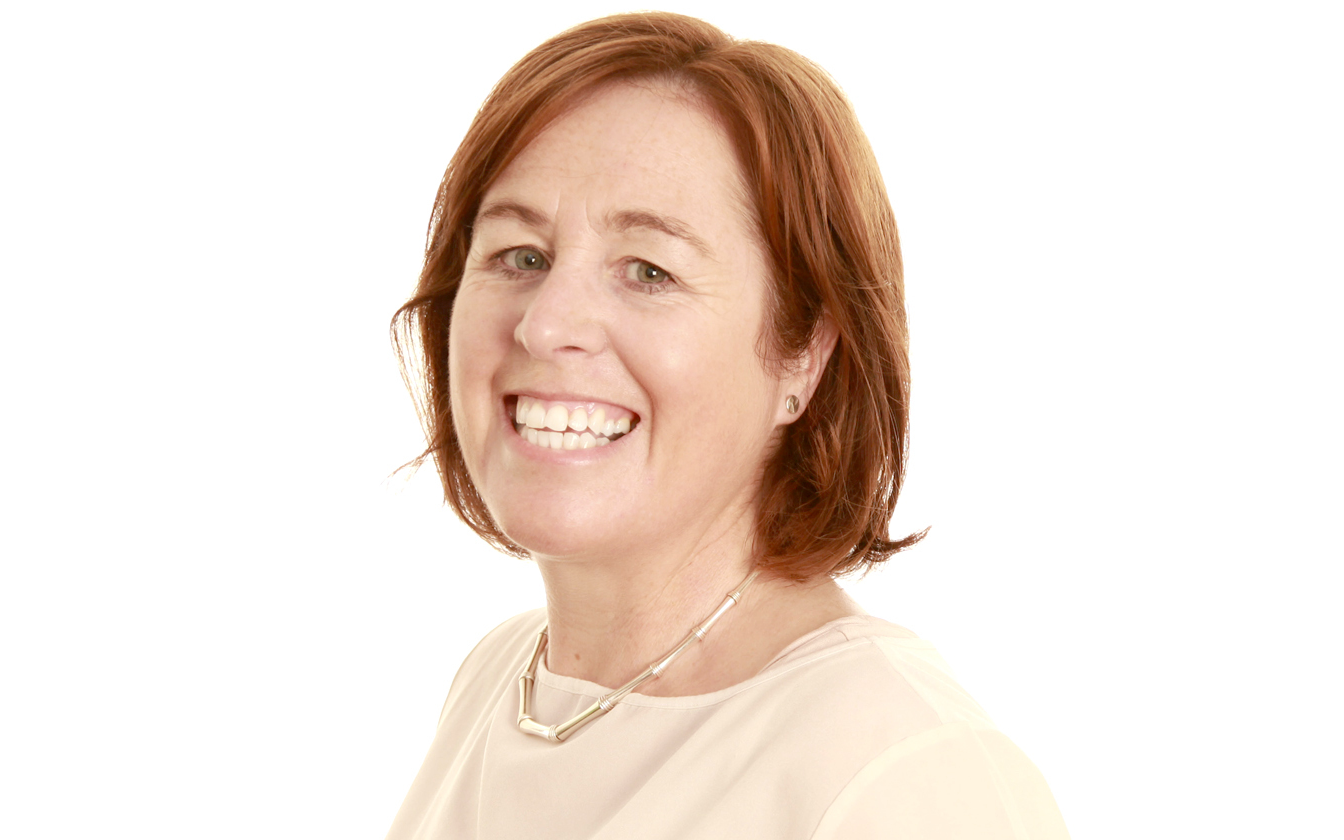
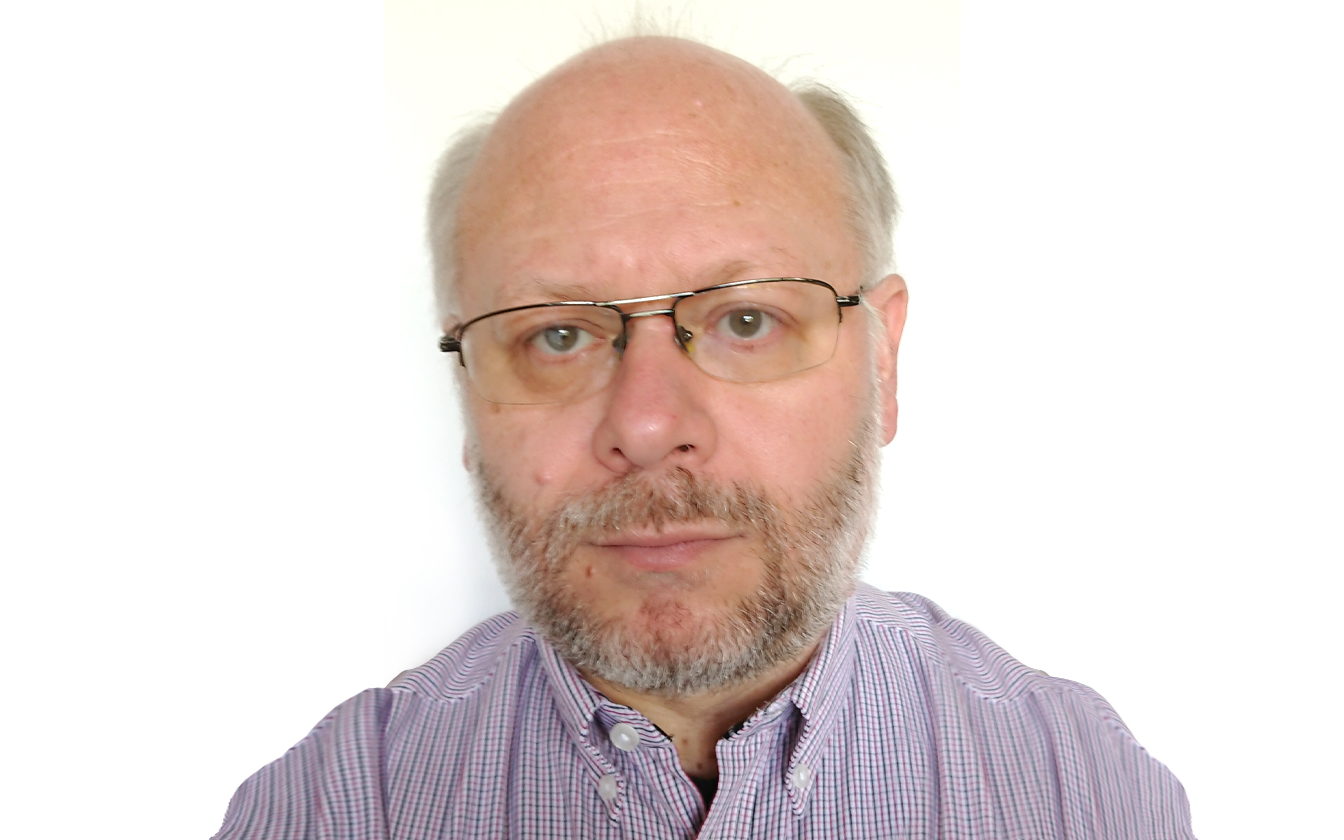


.png)